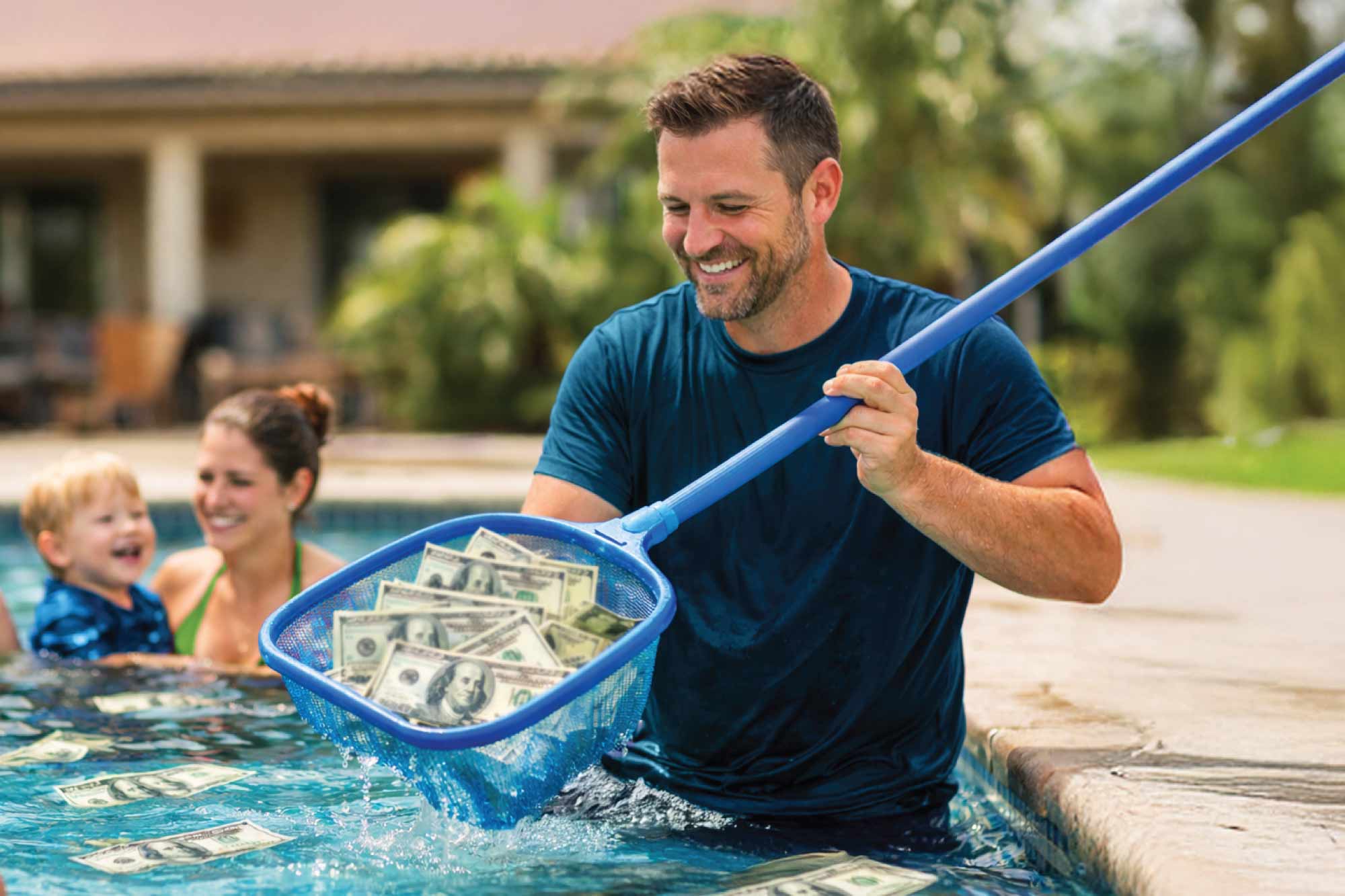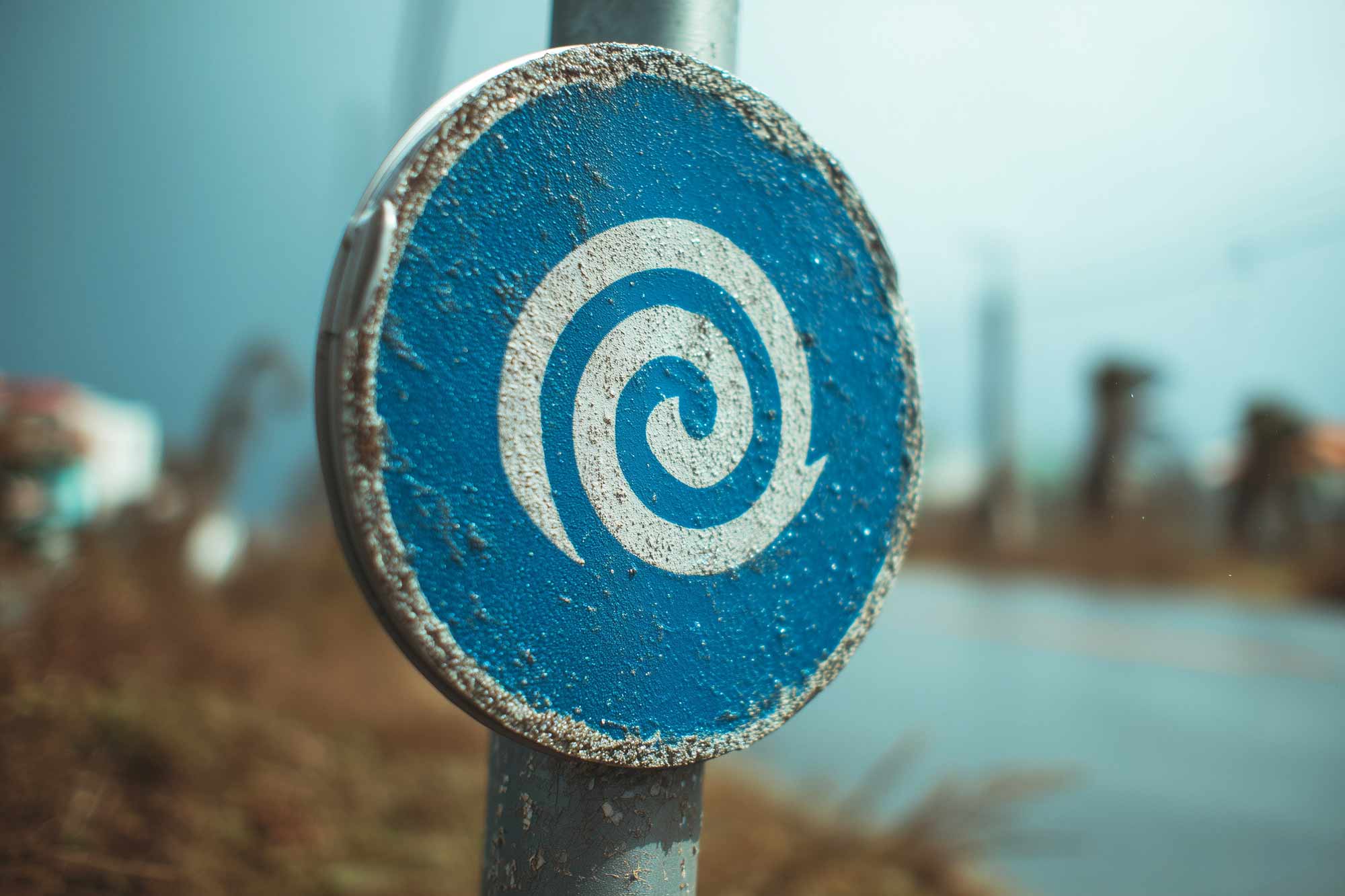
Lower your monthly payments and decrease your rate when you consolidate your high-interest credit cards and lines of credit with a Home Equity Line of Credit!
You're about to navigate away from our secure website. We are not responsible for any content or information posted to third-party sites.

Lower your monthly payments and decrease your rate when you consolidate your high-interest credit cards and lines of credit with a Home Equity Line of Credit!

In our quick hurricane prep guide, we’ll walk you through everything you need to keep your family safe and your wallet prepared for whatever Mother Nature throws your way.
When hurricane season rolls in, your storm prep checklist can feel a mile long. Generator? Check. Gas in your tank? Check. Nonperishable foods? Check. Flashlights and extra batteries? Check. But when the wind and stress pick up, it’s easy to forget about your financial checklist.
Not sure what you should prepare to make sure your finances weather the storm? In our quick hurricane prep guide, we’ll walk you through everything you need to keep your family safe and your wallet prepared for whatever Mother Nature throws your way.
First things first: Your disaster checklist. While the name sounds scary, FEMA’s Disaster Checklist helps you visualize all your numbers in one place.
Here’s a bite-sized summary of what you’ll need:
Make copies of everyone’s personal records and keep them in a safe place in case you need to leave your home or reference them quickly. Records should include, but aren't limited to:
Keep your original copies in weatherproof containers in a safe, easily accessible place.
While most financial records are digital nowadays, you’ll want to keep your insurance information on hand— just in case your property is damaged or someone needs medical assistance.
Mother Nature has a habit of turning a typical week into a storm prep frenzy in a matter of hours. Even with state-of-the-art hurricane tracking systems, knowing where a storm will make landfall can feel like a game of Pin the Tail on the Donkey— or, Pin the Hurricane on the Florida Coast. And then comes the storm checklist.
From generators to full coverage insurance policies to keeping cash on you after the power is knocked out, making sure you have everything to weather a storm can get costly. That’s why Community South offers a variety of personal loan options to help you get back on track without missing a beat!
Eliminate the stress and keep yourself and your family prepared for the worst before, during, and after a natural disaster.
It’s easy to get swept up in the post-storm clean-up, but you’ll want to check in on your finances, too! Keep these tips in mind after the wind dies down:
Contact your financial institution to let them know about the natural disaster. Some financial institutions may have steps in place to help, including:
Keep an eye on your credit! In the event you restructure your debt or loan payments, make sure everything is reflected accurately on your credit report. Credit reporters may not reflect the changes immediately, and your credit can suffer as a result.
Watch out for scams. More often than not, groups or individuals will try to take advantage of you after a storm. From impersonating charities and government agencies to offering “limited-time deals,” here are some post-hurricane scams to look out for:
Knowing if the next storm will affect you is nearly impossible, so stay prepared and don’t let hurricane season catch you off guard. Keep your loved ones safe and your finances above water with Community South!
Stay up to date on the latest Community South Financial Education Articles.


